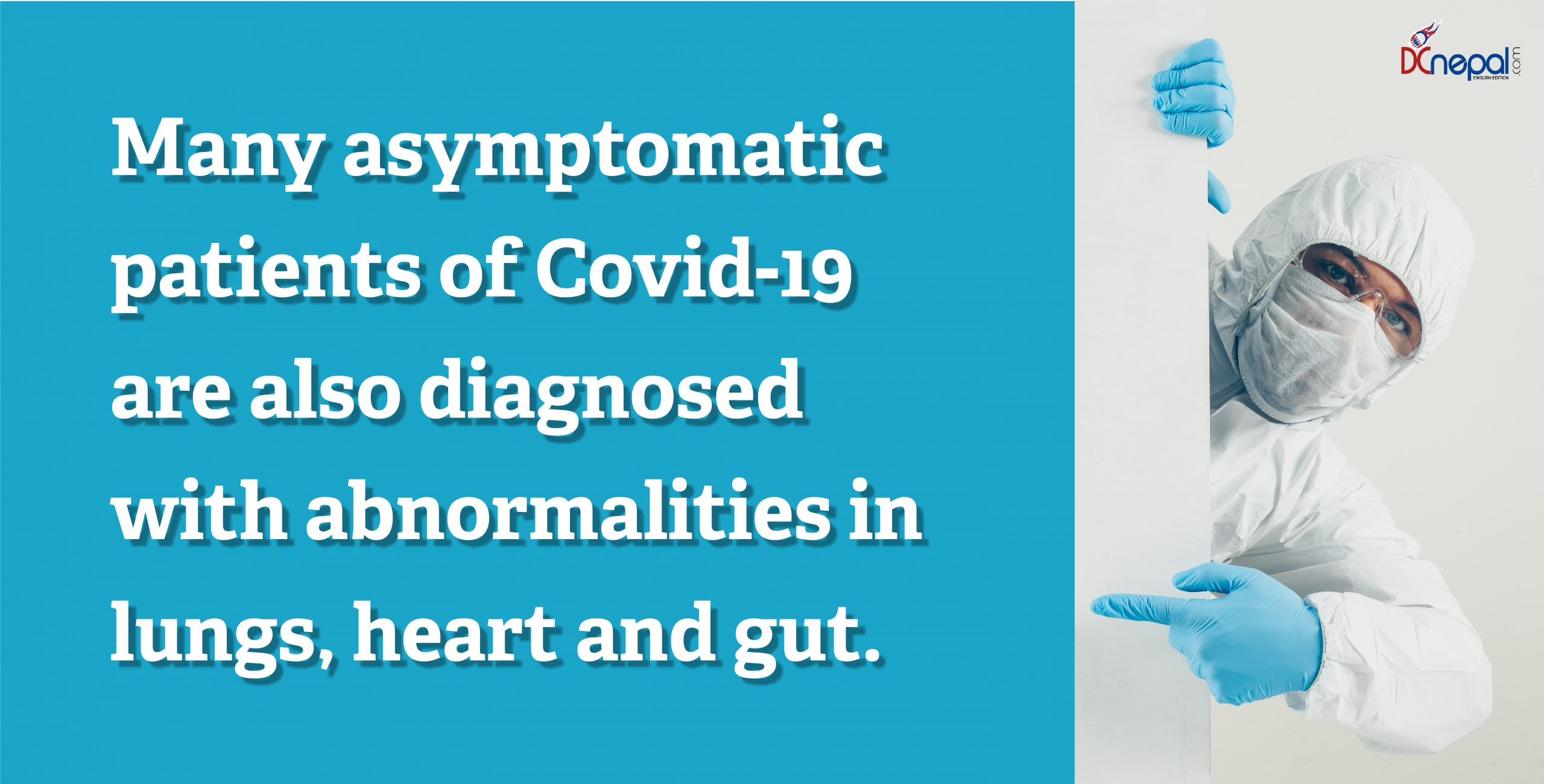Understanding Chronic Covid
Many asymptomatic patients of Covid-19 are also diagnosed with abnormalities in lungs, heart and gut.

Kathmandu. The World’s first Covid-19 case was reported in China last year. Since then, the pandemic has infected more than 46 million people and killed 1.25 million around the globe. The scientists are working days and nights to understand uncertain behavior of the viral infection.
The severity in symptoms varies from person to person. Many recover within three weeks. But, most of them report experiencing post covid syndromes involving one or many of the following; severe fatigue, cognitive issues and memory lapses, digestive problems, erratic heart rates, headaches, dizziness, fluctuating blood pressure, even hair loss.
According to an article published in the Wall Street Journal, doctors call it a “Post-Acute or Chronic Covid” if patients show symptoms in multiple organs for at least 12 weeks. An Oxford professor, Trisha Greenhalgh who was among the first to define the chronic covid, claims that Covid isn’t itself that bad, in fact the patients who suffer from these persisting symptoms like memory lapses and rapid heart rates, are usually those who already have chronic ailments.
A recent study by King’s College, London shows that 10% of those aged 18 to 49 infected with COVID-19 struggle with symptoms for 4 weeks. 4.5% of all ages suffer for more than 8 weeks, and 2.3% suffer for more than 12 weeks. Similarly, another preliminary study shows that 25% of the patients still had at least one symptom after 90 days.
Because outbreaks of SARS, MERS, Ebola, H1N1 and the Spanish flu in the past also had prolonged symptoms, many scientists claim anxiety of the pandemic to be the cause of long-term side effects. But, the COVID-19 pandemic is different because of its variety of side effects on various body organs including the nervous system.
Scientists and experts claim that the corona virus is different and dangerous as it affects a person’s ability to do daily things even after it leaves the body. Many asymptomatic patients are also diagnosed with abnormalities in lungs, heart and gut.
Doctors have also reported the dysfunctioning of the body’s autonomous system, which causes irregularities in involuntary actions such as breathing, heart rate and digestion. A New York-based study has shown that 90% of such patients develop exercise intolerance, fatigue and elevated heart rates up to 170 bpm, whereas, Up to 50% report gastrointestinal issues, headaches and shortness of breath.
It has also been observed that COVID-19 affects the brain by infesting the blood vessels and causing damage and inflammation.
Facebook Comment
latest Video
Trending News
- This Week
- This Month

















